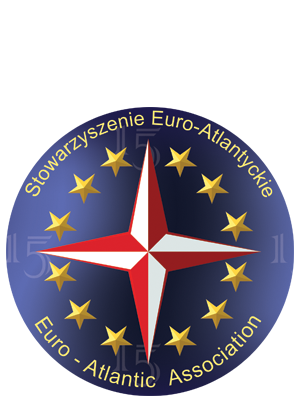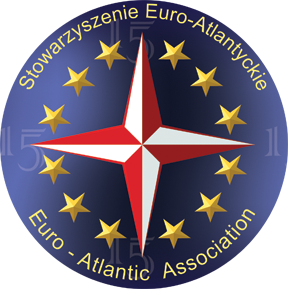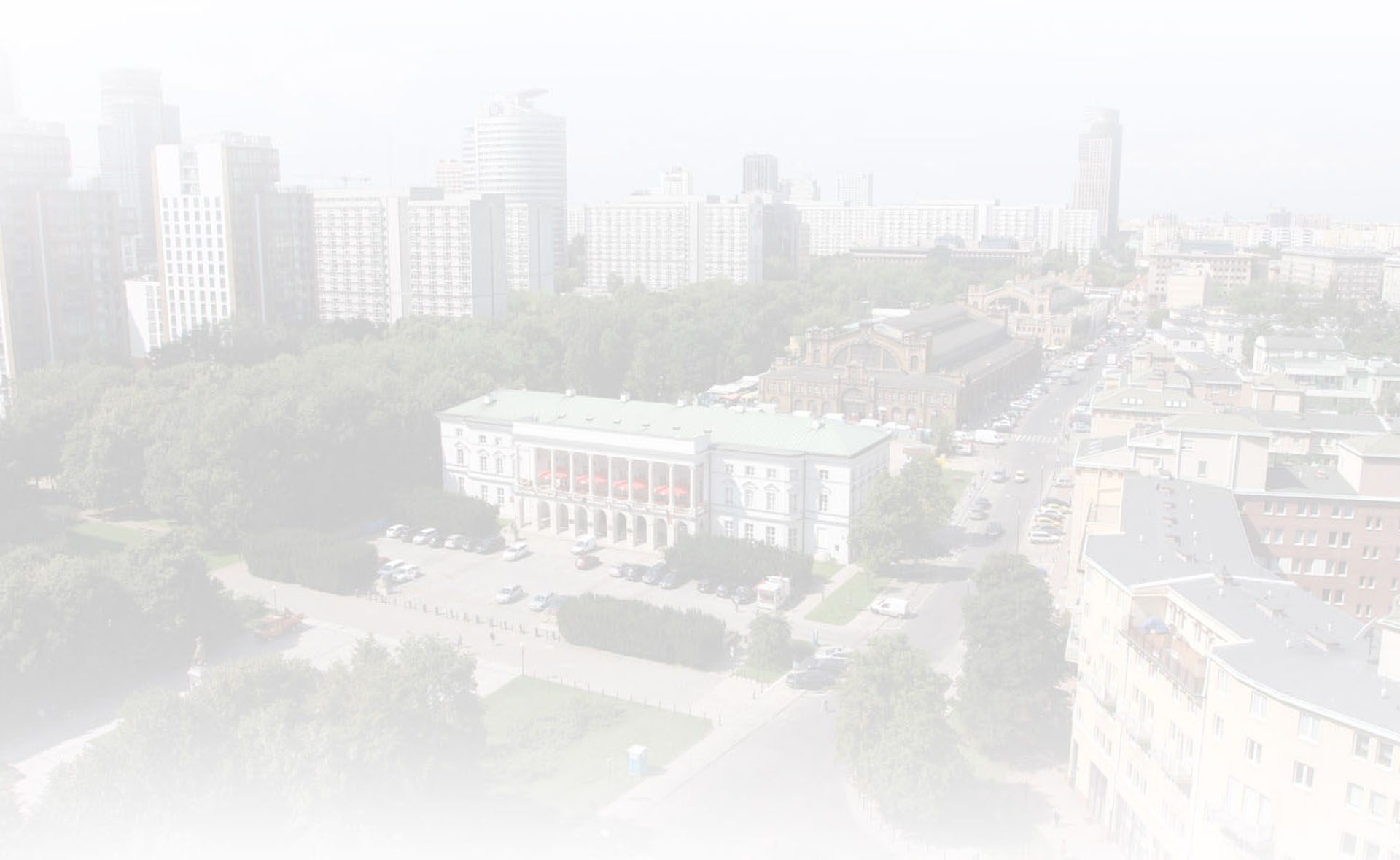Annexation of Crimea – the end of hopes for a peaceful, stable and cooperative Europe
Artykuł Przewodniczącego Rady Wykonawczej SEA Janusza Onyszkiewicza
Annexation of Crimea – the end of hopes for a peaceful, stable and cooperative Europe
When the war between Georgia and Russia broke out in 2008, almost all attention was concentrated on developments in South Ossetia. What was regrettably overlooked was what happened in Abkhazia. If the Russian military response in South Ossetia could be justified to a certain degree, though not by such an extreme scale, Abkhazia was purely a preventive military invasion. It was not preceded by any event which could have even remotely justified sending in the Black Sea Fleet, sinking Georgian ships and occupying and destroying coastal military installations also in Georgia proper. This was an extremely dangerous precedent showing that preventive war is considered by Russia as a legitimate instrument of their foreign policy.
Unfortunately, this alarming signal was completely ignored by the international community. The political initiative known as the “reset policy” was understood in Russia as an acquiescence to its bullish behaviour. Now we can see a repetition of these practices in Crimea. The official justification of Russian military intervention there was the alleged threat to the safety of Russians living on this peninsula resulting from the political changes in Kiev. It was completely immaterial that there was no threat in sight. It was enough to declare that such a threat exists.
What we can see now is an emergence of a new doctrine of Russian foreign policy. During Soviet times everyone knew about the so-called Brezhnev Doctrine. According to this doctrine, the defence of the socialist system was not an internal matter for a country. It was the task of Soviet armed forces to do it with total disregard of the principle of national sovereignty of other states.
Now we can see something similar. It is Russia’s duty to defend the rights of people speaking Russian living in other countries. Even if these rights are only potentially threatened; even if this threat is seen by Russia only; and even if these threats are not of an existential nature as was the case in Kosovo. In particular, according to this doctrine a key important right is the right to secede to join Russia.
By Russia adopting this new Putin Doctrine, the whole area covered by the OSCE can no longer be seen as stable and free from serious conflict. It is easy to imagine a repetition of the Crimea scenario in countries with sizeable Russian minorities like Estonia, Latvia, Kazakhstan, Belarus or Moldova. It is quite significant that even countries with strong political ties with Russia like China, Kazakhstan or Belarus did not fully support Russia in her annexation of Crimea.
Putting this doctrine into practice in Crimea demonstrated a total disregard of international law, to the letter and the spirit of international agreements signed by Russia, as well as frequent political solemn declarations about the sanctity of Ukrainian territorial integrity.
All this justifies describing Russia as a new rogue state which is, unfortunately, a new rogue state in Europe.
To make this qualification more plausible let me remind you of the ongoing robbery of Ukrainian military assets belonging to Ukrainian armed forces stationed in Crimea. Russia claims that all that equipment should be left by Ukrainians and therefore keeps intercepting planes, guns, vehicles and even ships by force. It is hard to see this as something other than an act of piracy and robbery.
In 1990 when Russian forces were leaving East Germany as a result of German unification it would have been seen, quite rightly, as an act of insanity if the German authorities had tried to make similar demands. Meaning that the withdrawing Soviet/Russian troops would have had to leave behind all their military equipment.
So what is the way out of this crisis? The pessimistic answer is that there is no way out in the foreseeable future. Clearly, there is no new “reset policy” in sight for years to come. One can only try to prevent a repetition of Crimea elsewhere by keeping the lines of communications open, try to politically isolate Russia, build firewalls and economic defences against potential energy blackmail and consolidate the trans-Atlantic cooperation and economic and security ties.
It is now vital to increase European Union cohesion, particularly in the area of security which includes energy security, remembering Article 42 of the Lisbon Treaty which says that “if a member state is the victim of armed aggression on its territory, the other Member States shall have towards it an obligation of aid and assistance by all means in their power.”
With all these actions, we will hopefully be able to convince Russian leadership that its new foreign policy is not only morally unacceptable, but that it is also not productive.
Janusz Onyszkiewicz






Sorry, the comment form is closed at this time.